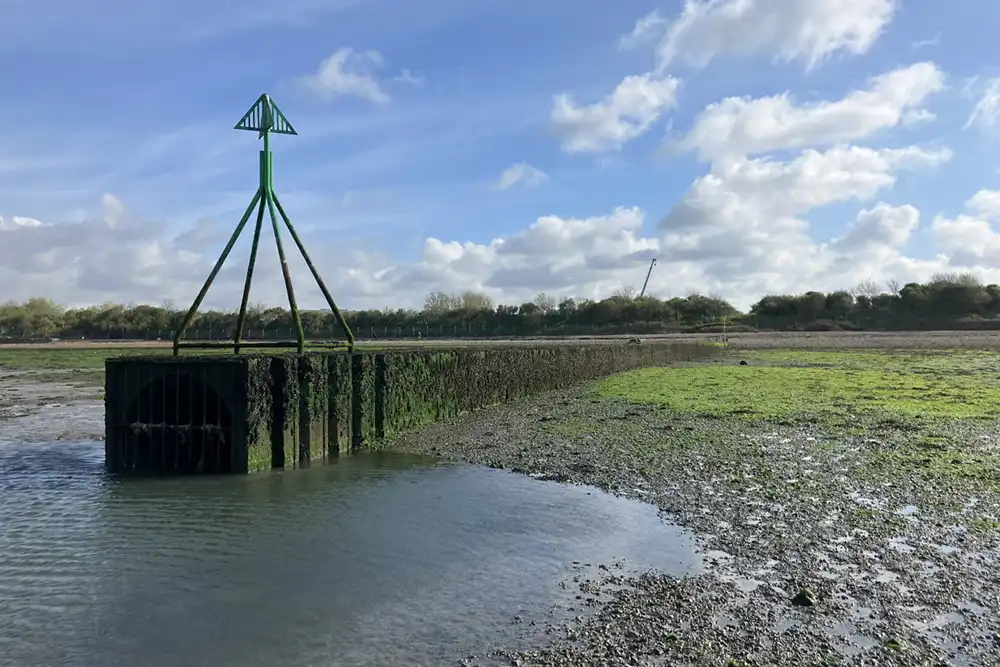
A new YouGov survey commissioned by the UK’s Marine Conservation Society (MCS) has found that the majority of the UK public is unaware of the dangers of PFAS – also known as ‘forever chemicals’ – to both environmental and human health.
Of the 2,149 adults who participated in the survey, 57 per cent of respondents knew nothing about forever chemicals, and 63 per cent had not heard of the term PFAS.
Among those who were aware of these chemicals, 30 per cent could not identify any common sources of PFAS from a list of products provided, and only 24 per cent of respondents identified drinking water as being contaminated, despite a recent study finding PFAS were detected in sources at 17 of England’s 18 water companies.
PFAS, an acronym for per- and poly-fluoroalkyl substances, is a group term for thousands of different chemicals which are used to make products greaseproof and waterproof. They are found in a vast range of everyday items, including cosmetics, non-stick cookware, stainproof and waterproof clothing, swimwear, paints, and greaseproof takeaway containers.
Related articles
‘I’m concerned by the lack of awareness of forever chemicals,’ said Dr Francesca Ginley, MCS’ Chemicals Policy and Advocacy Manager. ‘These chemicals impact each and every one of us, every day.
‘They are in our homes, in the sea spray and raindrops, in our favourite wildlife, and they last forever,’ added Dr Ginley. ‘We know they have immune, hormonal and neurological impacts on marine animals like polar bears, sea otters and harbour porpoises.’
PFAS can enter the environment as a result of manufacturing processes and will leach into freshwater systems from waste products sent to landfill.
Water treatment plants don’t currently remove forever chemicals from wastewater, and they can also be captured in sewage sludge used to fertilise farmland, which will eventually run off into rivers and, eventually, the ocean. They pose a threat to both animal life and humans, via direct exposure or as part of the food chain.

Respondents to the YouGov survey were asked to identify which items they thought contained PFAS or forever chemicals, and while overall recognition of the problem was low, the majority of people expressed concern about their impact – 68 per cent of said they were concerned about the impact of PFAS on the environment, and 60 per cent about the impact on their health.
The survey also revealed strong public backing for tighter regulations on PFAS, with 57 per cent of respondents supporting a UK Government ban on PFAS where alternatives are available and only 3 per cent opposing the idea.
‘We need people to be aware of these chemicals and understand their impact so that they can add to our outrage and call for better protections,’ said Dr Ginley. ‘There is an urgent need to ban these chemicals to reduce the burden of their pollution.
‘We are calling for the UK Government to ban all PFAS from all uses where there are alternatives, without delay.’
The Marine Conservation Society is campaigning for the UK Government to take immediate steps to phase out PFAS and prevent further contamination of the marine environment. The charity is launching its Big Give campaign on Earth Day (22 April) to raise awareness and funds to support its work in campaigning against the use of PFAS.


